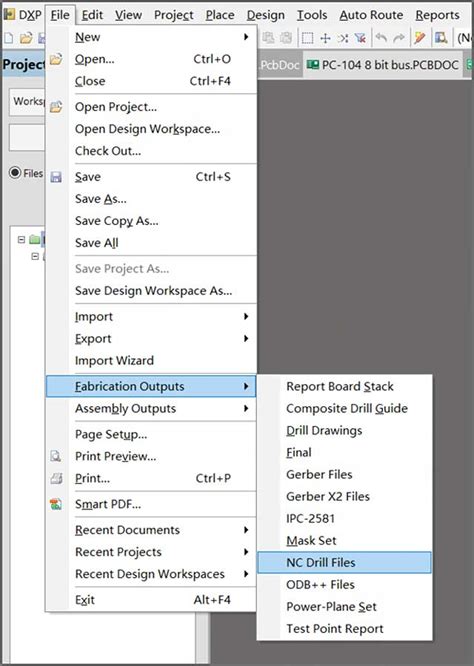
ALL ABOUT FLEX PCB
-
 Read more: What is the difference between Gerber and Gerber X2 files?
Read more: What is the difference between Gerber and Gerber X2 files?Introduction to Gerber Files Gerber files are a standard file format used in the printed circuit board (PCB) industry to describe the layout of a PCB. They are named after the Gerber Scientific Instrument Company, which developed the format in the 1960s. Gerber files are used to transfer PCB design […]
-
Plated Gold Edge Connectors
Posted by
–
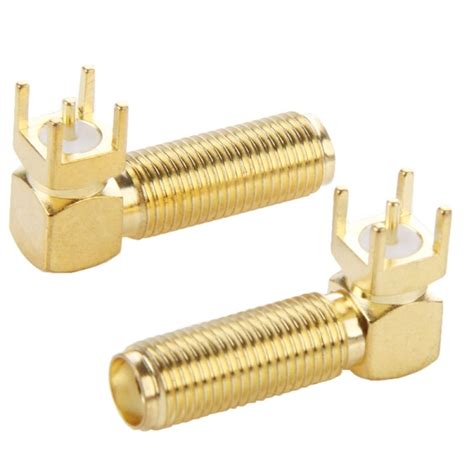 Read more: Plated Gold Edge Connectors
Read more: Plated Gold Edge ConnectorsIntroduction to Gold-Plated Connectors Gold-plated connectors are essential components in various electronic devices, offering superior conductivity, durability, and resistance to corrosion. These connectors are widely used in applications ranging from consumer electronics to aerospace and military equipment. In this comprehensive article, we will delve into the world of gold-plated connectors, […]
-
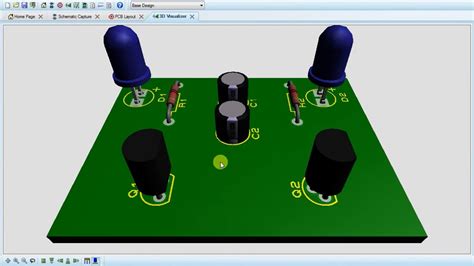 Read more: Drill & slot editor – a free and useful PCB Visualizer tool
Read more: Drill & slot editor – a free and useful PCB Visualizer toolIntroduction to PCB Visualizer Tools Printed Circuit Board (PCB) design is a complex process that requires a high level of precision and attention to detail. To ensure that the final product meets the required specifications, designers rely on various tools and software to visualize and analyze their designs. One such […]
-
What is a component orientation?
Posted by
–
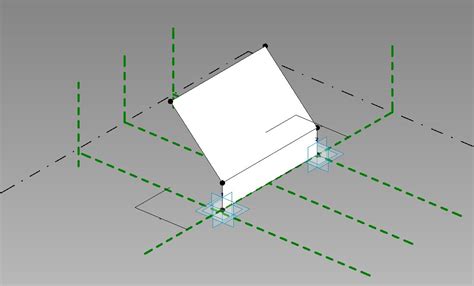 Read more: What is a component orientation?
Read more: What is a component orientation?Why is Component Orientation Important? Proper component orientation is essential for several reasons: Functionality: Incorrect orientation of components can lead to malfunction or complete failure of the electronic device. Many components, such as diodes, electrolytic capacitors, and integrated circuits (ICs), have specific polarity or pin assignments that must be followed […]
-
What is PCB panelization
Posted by
–
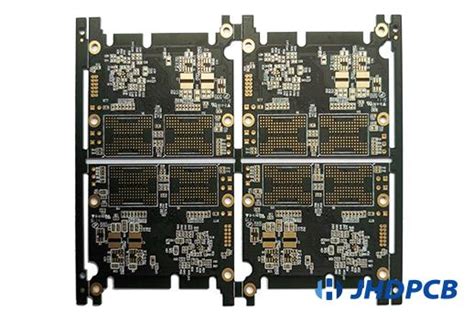 Read more: What is PCB panelization
Read more: What is PCB panelizationTable of Contents Introduction to PCB Panelization Benefits of PCB Panelization PCB Panelization Methods 3.1. Tab Routing 3.2. V-Scoring 3.3. Perforated Panels 3.4. Rail Panels Design Considerations for PCB Panelization 4.1. Panel Size and Material 4.2. Component Placement and Orientation 4.3. Fiducial Markers and Tooling Holes 4.4. Breakaway Tabs and […]
-
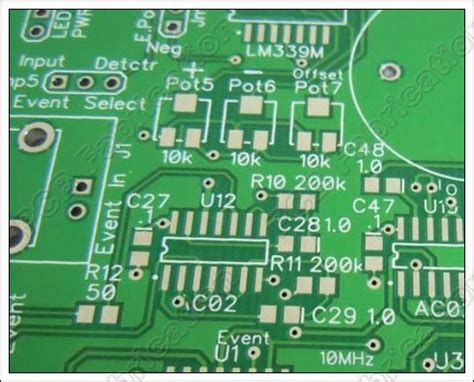 Read more: The Use of Silk Screen Technology in Printed Circuit Board PCB
Read more: The Use of Silk Screen Technology in Printed Circuit Board PCBIntroduction to PCB Silkscreening Printed circuit boards (PCBs) are essential components in virtually all modern electronic devices. These boards provide the foundation upon which various electronic components are mounted and interconnected to create functional circuits. One critical aspect of PCB manufacturing is the application of informative markings and labels on […]
-
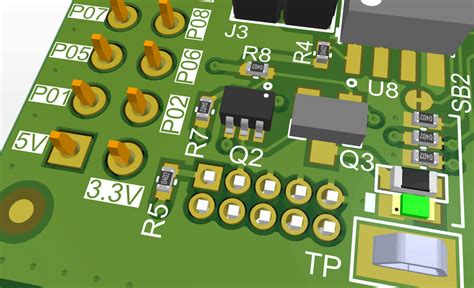 Read more: A Guide to PCB Layout How to Place Your Components RAYPCB
Read more: A Guide to PCB Layout How to Place Your Components RAYPCBIntroduction to PCB Component Placement Printed Circuit Board (PCB) layout is a critical step in the design process of electronic devices. Proper component placement on the PCB can greatly impact the performance, reliability, and manufacturability of the final product. In this comprehensive guide, we will explore the key aspects of […]
-
Common PCB PCBA Testing Techniques
Posted by
–
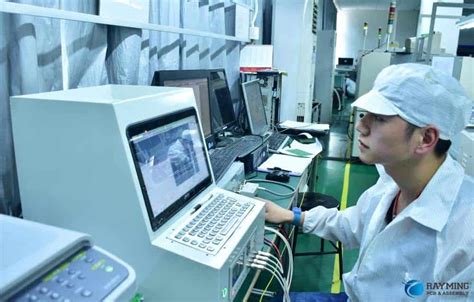 Read more: Common PCB PCBA Testing Techniques
Read more: Common PCB PCBA Testing TechniquesIntroduction to PCB and PCBA Testing Printed Circuit Boards (PCBs) and Printed Circuit Board Assemblies (PCBAs) are essential components of modern electronic devices. To ensure the reliability and functionality of these components, various testing techniques are employed throughout the manufacturing process. In this comprehensive article, we will explore the common […]
-
Tips & Tricks – Why Do Components Tombstone
Posted by
–
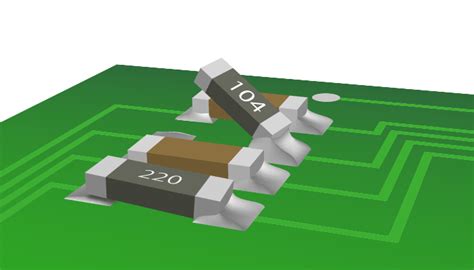 Read more: Tips & Tricks – Why Do Components Tombstone
Read more: Tips & Tricks – Why Do Components TombstoneUnderstanding Component Tombstoning Component tombstoning is a phenomenon that occurs in electronic circuits when one or more components suddenly fail or become non-functional. This can lead to a variety of issues, such as reduced performance, intermittent operation, or complete failure of the device. In this article, we will explore the […]
-
The PCB’s in our Robots
Posted by
–
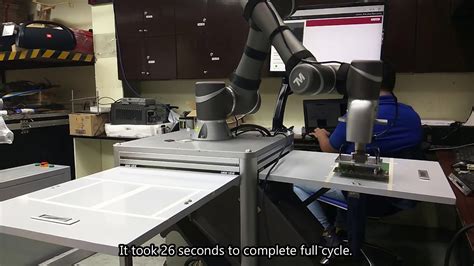 Read more: The PCB’s in our Robots
Read more: The PCB’s in our RobotsIntroduction to PCBs in Robotics What are PCBs? PCBs are thin boards made of insulating materials, such as fiberglass or plastic, with conductive pathways etched onto their surface. These conductive pathways, known as traces, connect various electronic components, such as microcontrollers, sensors, motors, and power supplies, to form a complete […]




